With textile printing, you can bring your ideas to life on fabric, clothing or accessories — whether you’re a business, association, brand creator or individual. In this guide, Tissus Print shares the key techniques (sublimation, DTG, DTF), practical advice, a comparison table and a FAQ to help you move from inspiration to realisation — with no mistakes.
Fabric printing includes all the methods used to customise textiles, garments and accessories with your visuals, logos or patterns. The main technologies (sublimation, DTG, DTF) adapt to different fibres depending on your project: polyester for sublimation, cotton for DTG, and virtually any material with DTF. This solution is accessible to everyone: businesses, charities, designers and individuals looking to create unique textiles.
What is textile printing?
Textile printing refers to all the methods used to reproduce designs, patterns or logos directly on textile fibres (in other words, fabric). In short: it’s the art of printing on fabric for personalised results.
Today, this field covers a wide range of technologies, from traditional screen printing to modern digital textile printing methods such as DTF, DTG and sublimation. Each technique comes with its own costs, finishes and use cases.
Thanks to fabric printing, it’s possible to customise an incredibly wide range of supports:
- Fabric by the metre
- Clothing
- Textile accessories
- Promotional and event items
In short, digital fabric printing has become a must-have tool for fashion, interior design and visual communication. At Tissus Print, we invest in state-of-the-art technology, including our flagship industrial printer, the Epson Mona Lisa 8000, which guarantees outstanding colour precision and durability. This cutting-edge equipment makes it possible to bring any creation to life — whether for personal, artistic or professional use.
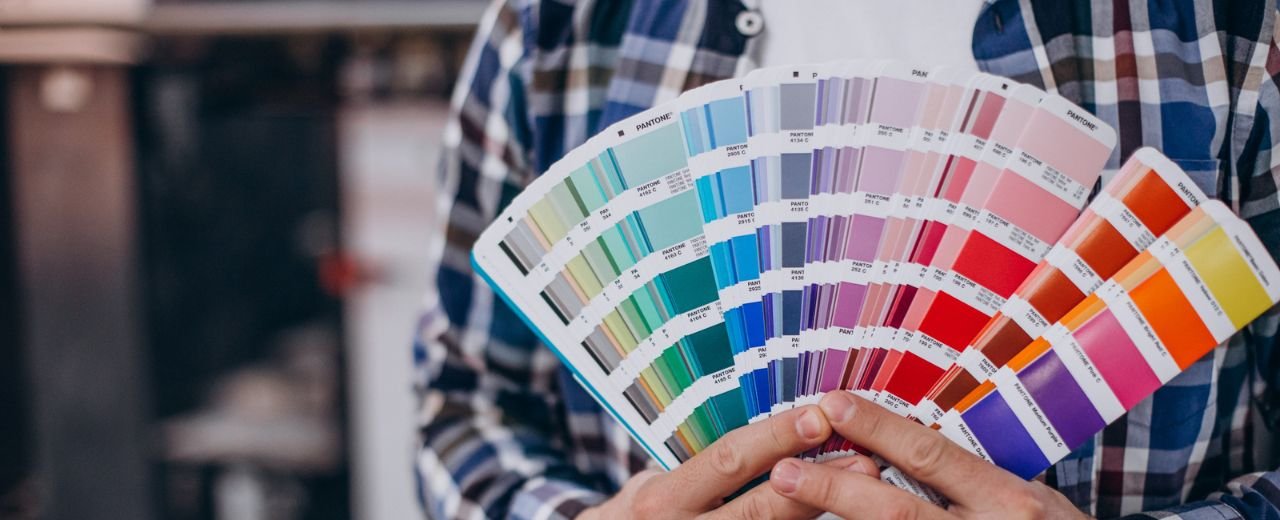
The different fabric printing techniques
At Tissus Print, we provide several types of fabric marking methods through our online shop. Our expertise covers three main processes: sublimation textile, direct-to-garment (DTG), DTF transfers, as well as Latex printing.
Sublimation Printing
Sublimation prints your design on a special transfer paper, then fixes it with a heat press onto a polyester-containing textile.
- Advantages: vibrant colours, extremely durable, no feel on the fabric.
- Best for: sportswear, interior décor, light-coloured polyester textiles.
- Limitations: not suitable for dark fabrics or natural fibres (cotton, linen).
Direct-to-Garment (DTG) on Cotton
Direct textile printing (DTG) prints the design directly onto the fabric via specialised inkjet machines developed by Epson.
- Advantages: photo-quality detail, great for small runs, perfect for gradients and complex designs.
- Best for: t-shirts, sweatshirts, cotton garments.
- Limitations: less cost-effective for large volumes.
DTF Printing (Direct to Film)
DTF prints your design onto a transparent film, then transfers it using a heat press onto your textile — effectively creating a heat-applied sticker for fabrics.
- Advantages: compatible with all textiles (cotton, polyester, blends, dark or light), excellent resistance, faithful colours.
- Best for: garments, bags, accessories, footwear — with no fabric limitations.
- Eco-friendly: no water or liquid waste used during printing.
- Bonus: you can order the custom transfer only and apply it yourself at home with a heat press.
Fabric printing is a broad field with many techniques to master. Learn more about the different types of textile printing.
Which textiles can be personalised?
Tissus Print offers a catalogue of customisable textiles for personalised clothing and accessories. We also provide a wide range of products on request via quote. The more precise your brief (material, composition, weight, cut, size, desired look: sport, elegant, classic…), the better we can tailor our solution.
Custom Clothing
Create your own wardrobe with our textile personalisation service — premium quality, easy and cost-effective:
- Personalised T-shirts (sport, team kit, cotton, polyester, organic, long/short sleeves, unisex, heavyweight/lightweight)
- Personalised sweatshirts (fleece, hoodies, crewnecks, men’s, women’s, unisex)
- Custom polos (cotton, polyester, collars, sleeve finishes, buttons…)
- Custom jackets (sleeveless, full sleeves, quilted…)
Design your clothing line, merchandise and brand image with Tissus Print today!
Custom Accessories
Personalise your accessories with DTF heat-transfer. Because the method works on virtually any support, you can customise your accessories with ease:
- Personalised tote bags (cotton, polyester, rectangular, square)
- Personalised shoppers (cotton, polyester, jute)
- Personalised pouches (large, medium, small)
- Personalised scarves
- Personalised mouse pads (small, large, extended)
- Personalised yoga mats
- Personalised bucket hats
Whether you’re a company, association or individual, we deliver professional-quality custom textile printing. Contact us now by email or phone for a fast, tailored quote.
Who is textile printing for?
Personalised textile printing is for everyone: businesses, event professionals, brand creators, individuals, associations… At Tissus Print, we support your custom printing project whatever your goal.
Professional textile printing
If you’re a professional looking to strengthen your customer relationships, online fabric printing is a powerful communication tool.
Here are 3 ways to boost your brand image with custom textiles:
- Standardise your team’s look with branded t-shirts or polos.
- Delight customers with personalised textile giveaways (tote bags, caps, towels).
- Elevate your events (trade shows, seminars, open days) with professional textile branding.
Printing for brand creators
Launching a clothing line? Choosing the right fabric and printing method is crucial.
Here are 3 tips for picking your fabrics:
- Prioritise quality — check fabric weight and composition.
- Look for certifications and provenance: OEKO-TEX® Standard 100, GOTS, REACH — and prefer Made in France or EU (Italy, Portugal).
- Choose the right cut/fit: men’s, women’s, unisex, crew neck, V-neck.
Printing for associations
Promote your cause and fund your projects with custom textiles:
- Print your logo on t-shirts, sweatshirts or accessories.
- Sell them at events or online.
- Gain lasting visibility as your supporters wear them daily.
Printing for events
Planning an event? Hen do, corporate seminar, wedding, baby shower, birthday, showcase or concert — use digital marking so every guest will remember the day!
- Hen do: personalised t-shirts
- Baby shower: custom baby bodysuits
- Showcase: personalised tote bags
- Sports event: printed sports tees
- Wedding: personalised napkins and tablecloths
- Concert: customised merchandise and accessories
Tips for a successful fabric printing project
A great custom textile printing project starts with solid prep. Our recommendations:
Choose the right textile
- Match the material to the use case (fashion, sport, décor, events): cotton, polyester, linen or blends.
- Check fabric weight for a lighter drape or higher resistance.
Prepare your files correctly
Use professional software like Adobe Illustrator or Photoshop:
- Recommended formats: PNG, TIFF or vector PDF with transparent background.
- Resolution: minimum 300 dpi for crisp printing.
- Use an appropriate colour profile (preferably CMYK).
Use real-time preview
- Our platform lets you visualise the design before printing to validate the final result.
Request a proof (BAT)
- For volume orders, a BAT is essential to confirm the design meets expectations.
A successful project balances the quality of the textile, the relevance of the printing technique and the file preparation.
Comparison of printing techniques
To clarify the differences between methods, here’s a quick comparison table:
| Technique | Advantages | Limitations | Best for |
|---|---|---|---|
| Sublimation | Vibrant colours, very durable, no hand (no feel) | Only on light polyester | Sportswear, interior décor |
| DTG (Direct To Garment) | High detail, photo printing, ideal for small runs | Less cost-effective at scale, needs cotton | T-shirts, hoodies, cotton garments |
| DTF (Direct To Film) | Works on all textiles, precise colours, eco-friendly | Slightly higher unit cost | Accessories, merchandise, multi-fabric clothing |
| Screen printing | Ideal for large runs, decreasing unit price | Less suited to small volumes or complex visuals | Promotional textiles, corporate apparel |
Conclusion
Textile printing — whether by the metre or per item — is a booming field and a powerful driver of creativity and communication. Businesses, associations, designers and individuals alike can bring their ideas to life with modern personalisation.
At Tissus Print, we support you end-to-end: fabric selection, printing technique and delivery. All our products are proudly printed in France in our workshop in the South of France.
- Explore our e-commerce: www.tissus-print.com
- Request a personalised quote tailored to your project
- Benefit from our French textile printing expertise
- Turn your fabrics into unique, high-impact creations with Tissus Print!
FAQ about textile printing
What’s the most durable technique?
DTF offers excellent wash resistance and long-lasting results.
Can you print a photo on fabric?
Yes — you can achieve a faithful, detailed photo finish.
Which textiles can be customised?
Almost all: cotton, polyester, linen, jute… depending on the chosen technique.
Is textile printing eco-friendly?
Some methods, like DTF, use no water or liquid chemicals, limiting environmental impact.
What are the delivery times?
Timelines vary with volume and complexity; you’ll receive exact lead times in your personalised quote.



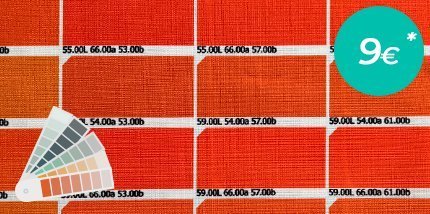

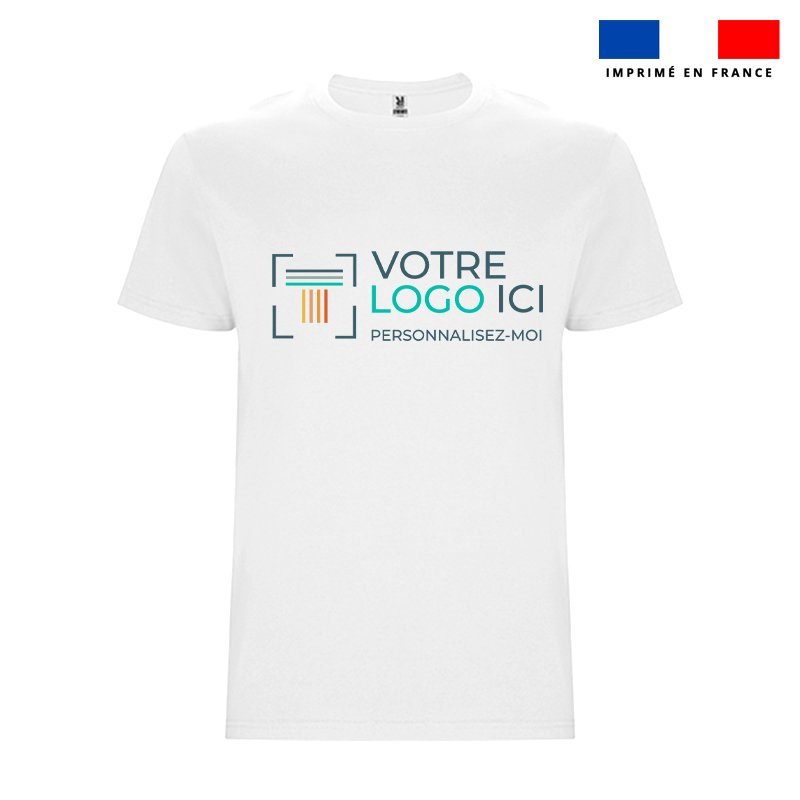
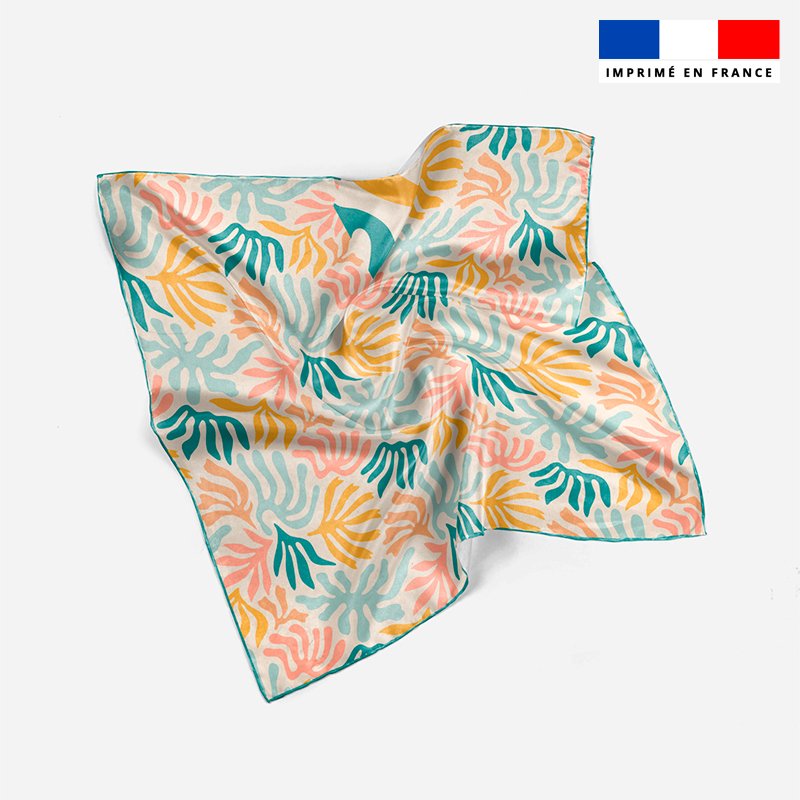
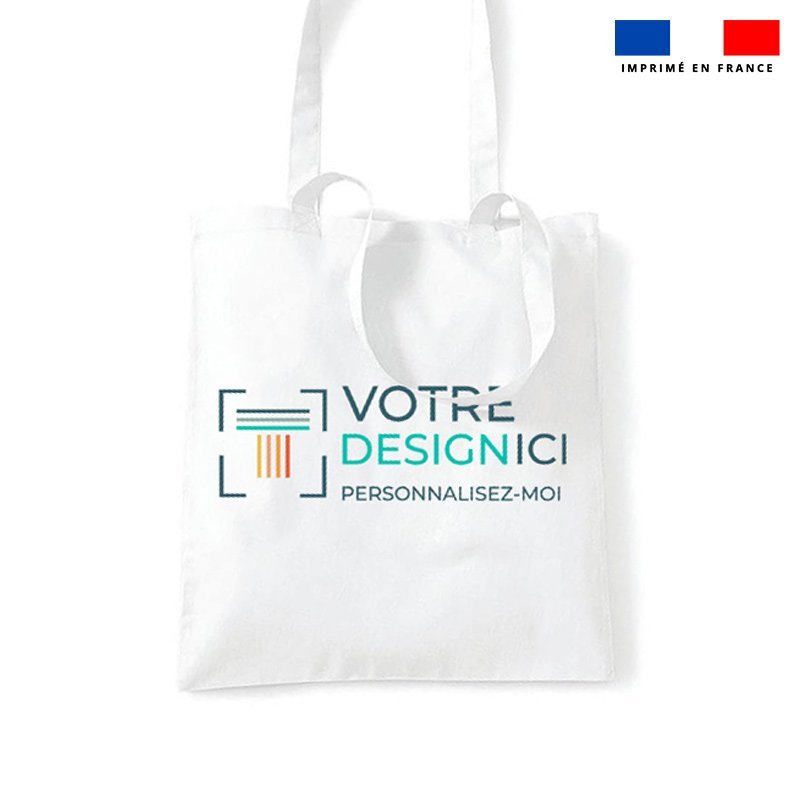
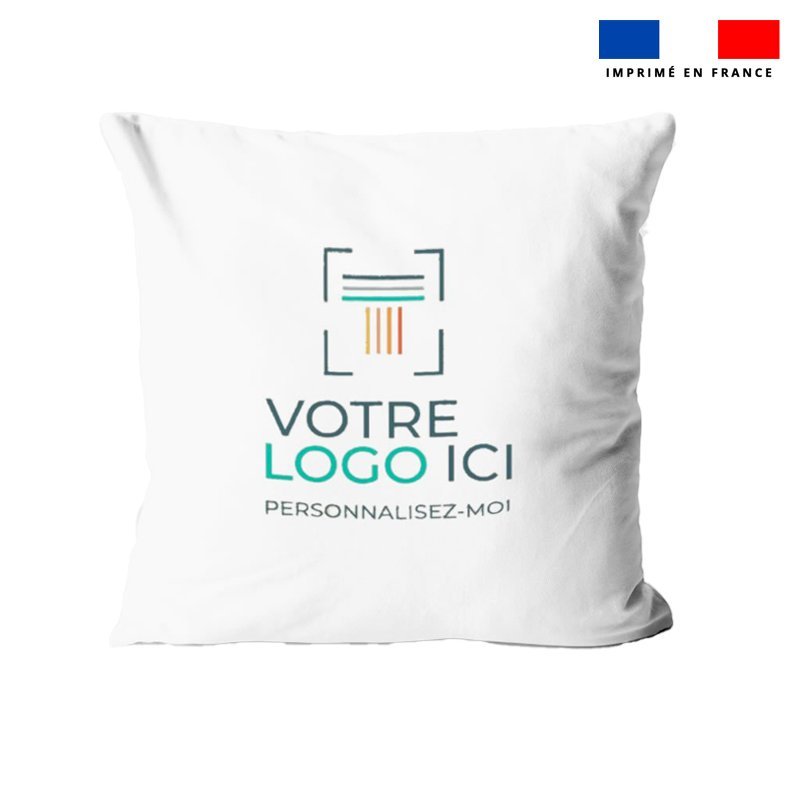
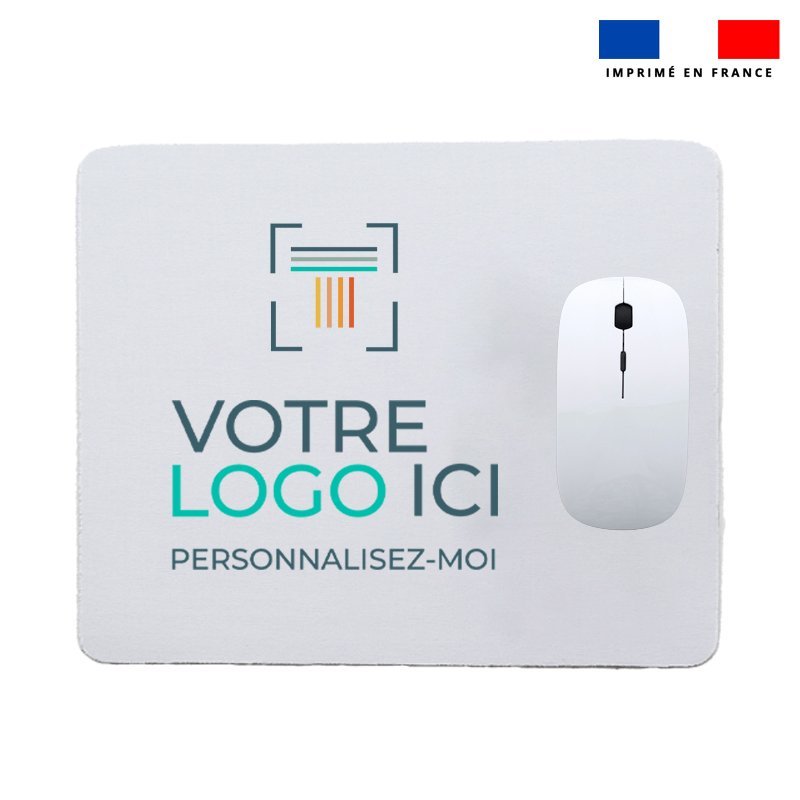
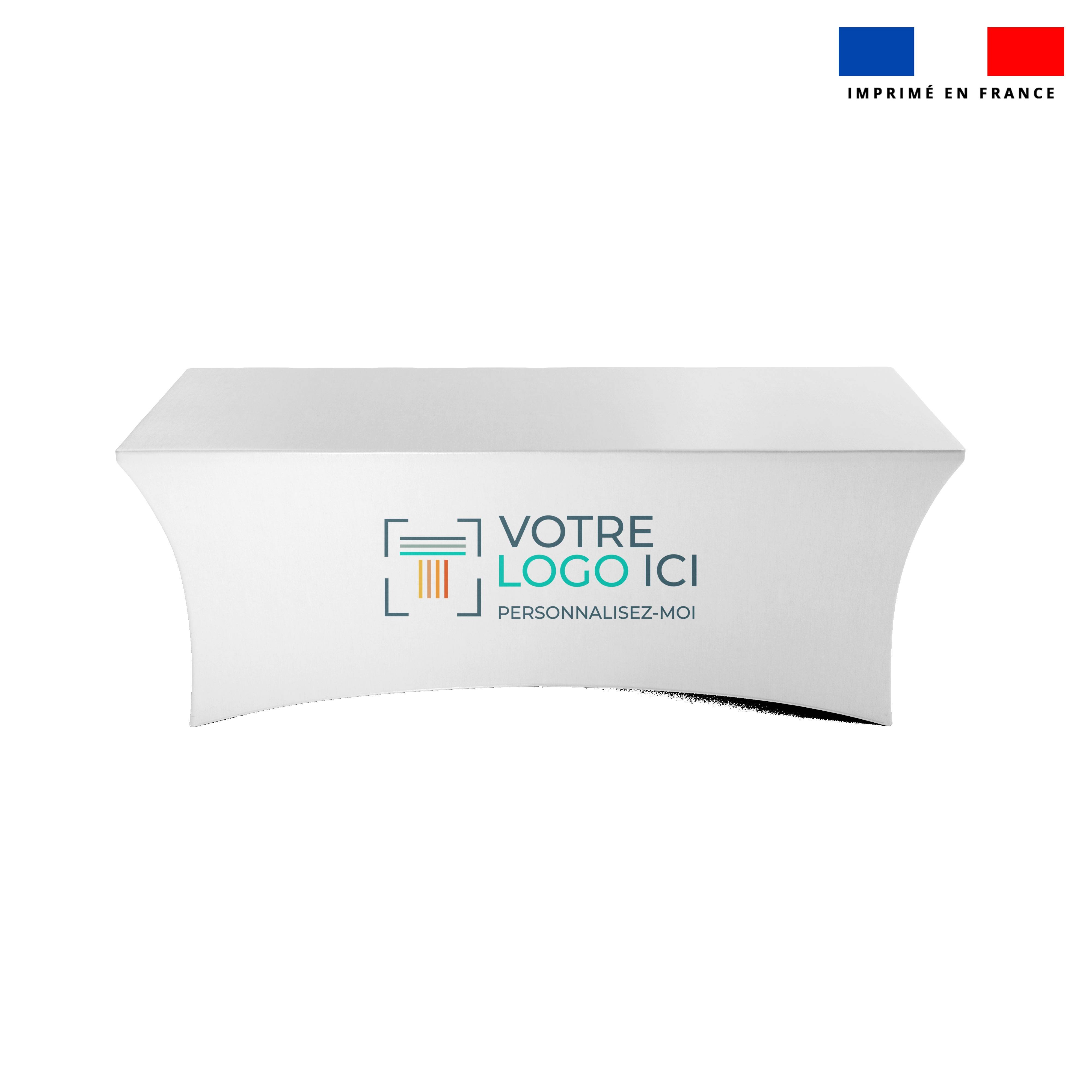
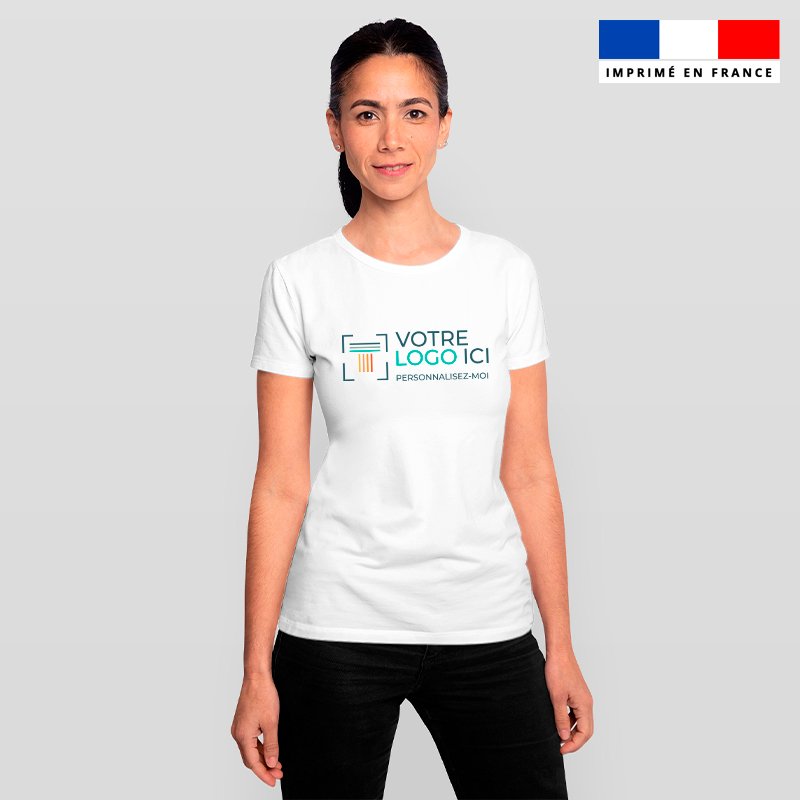
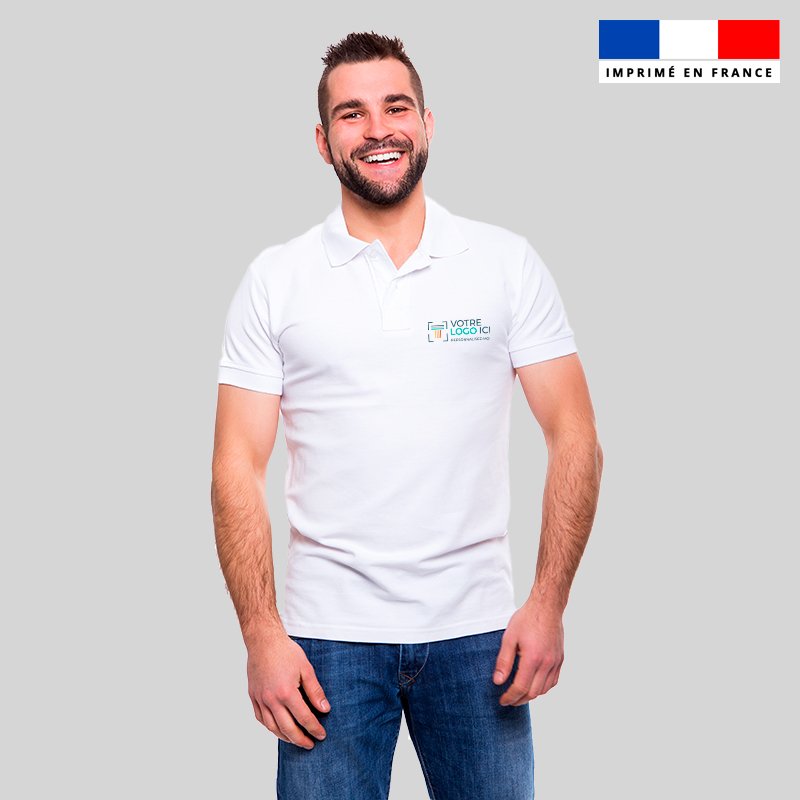
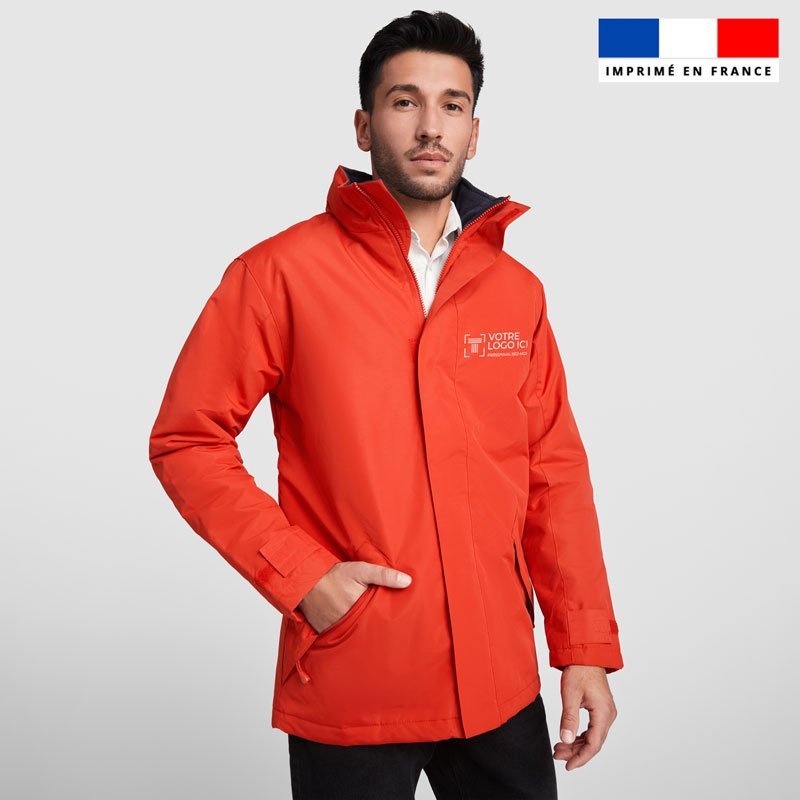
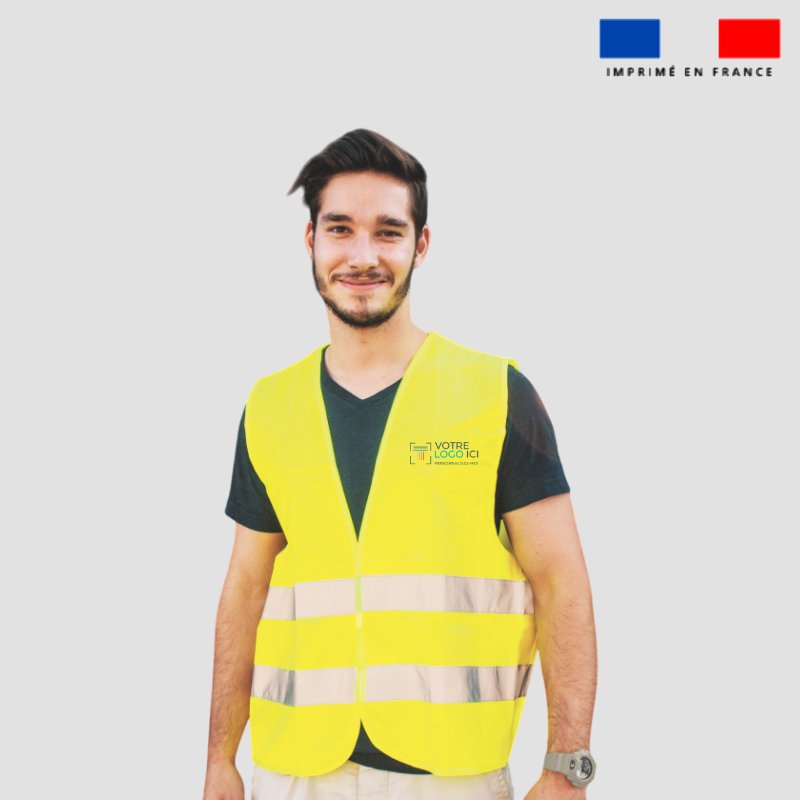
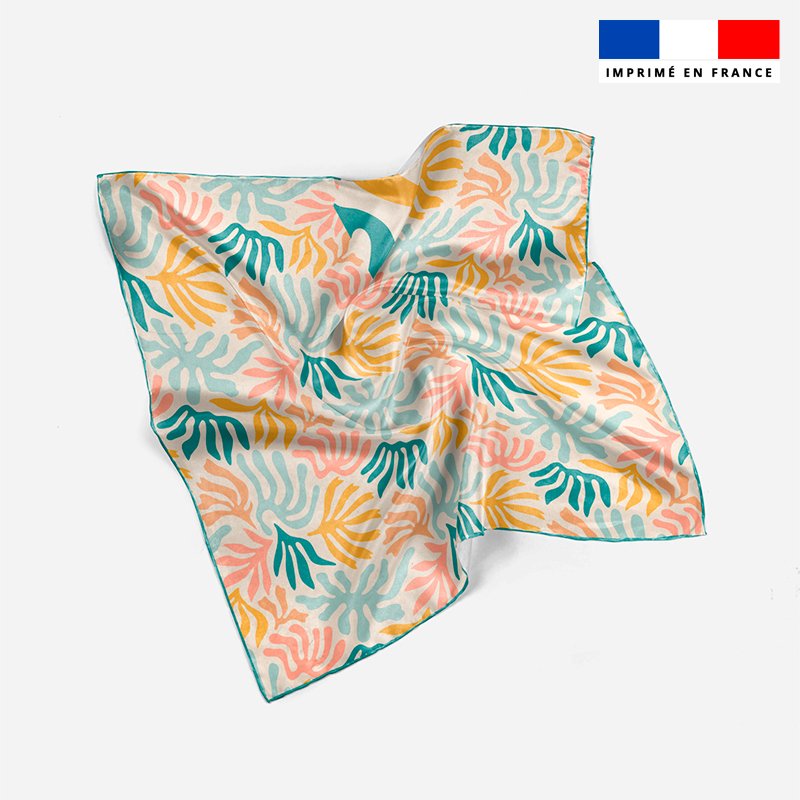
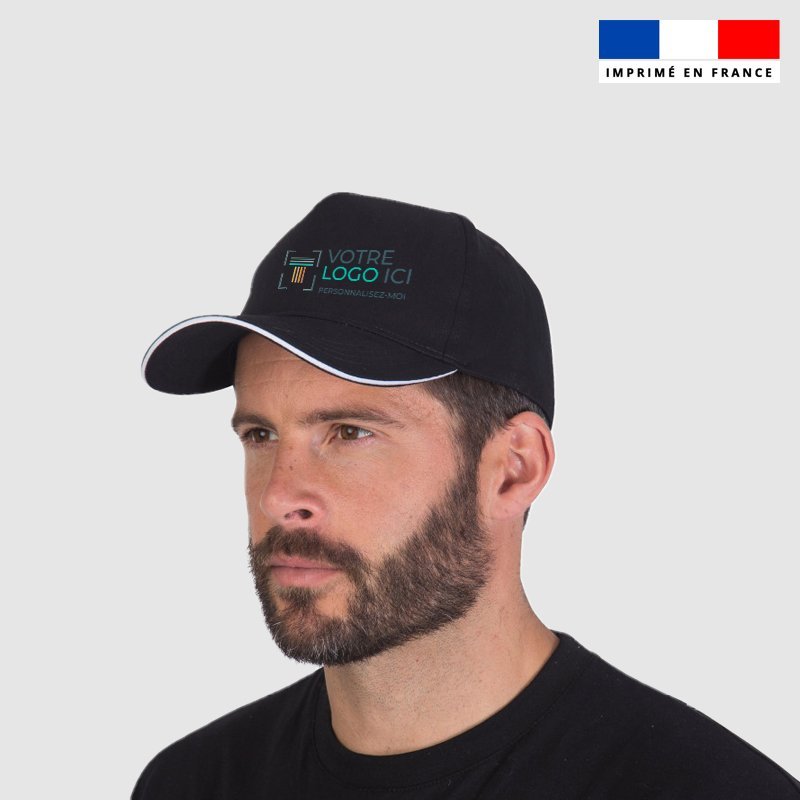
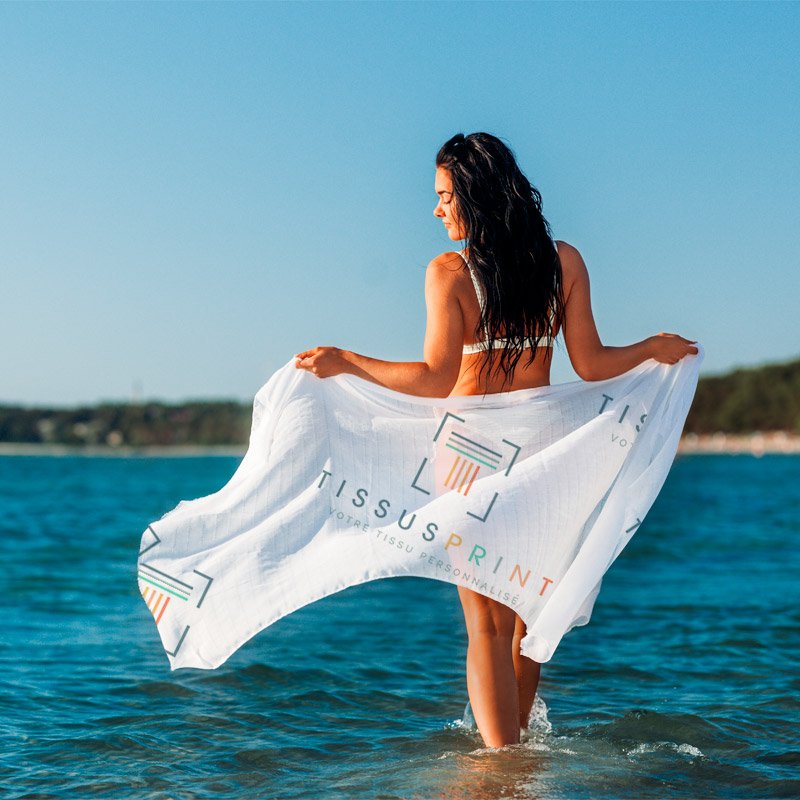
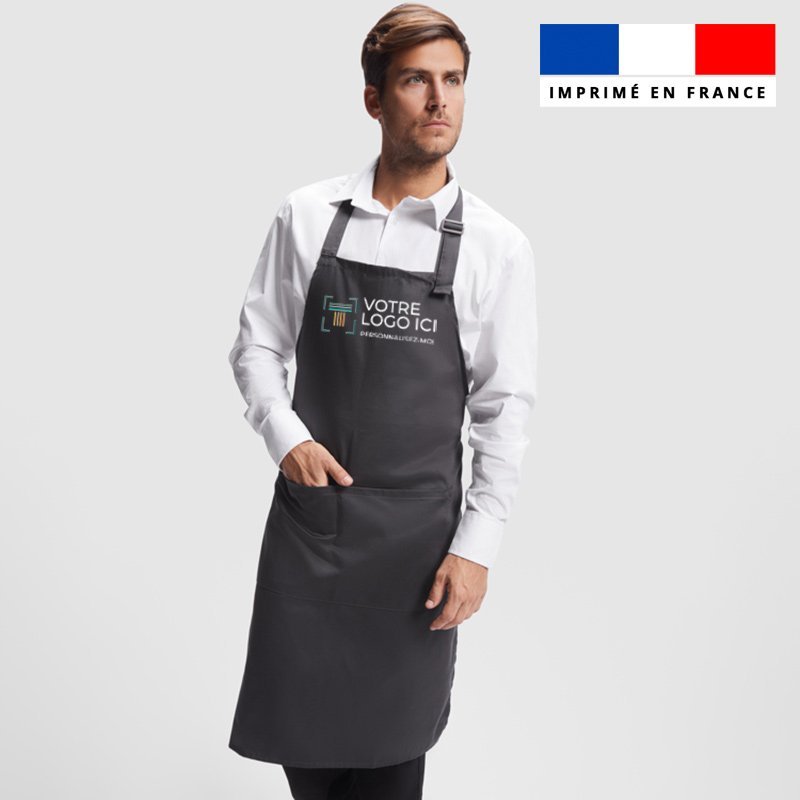
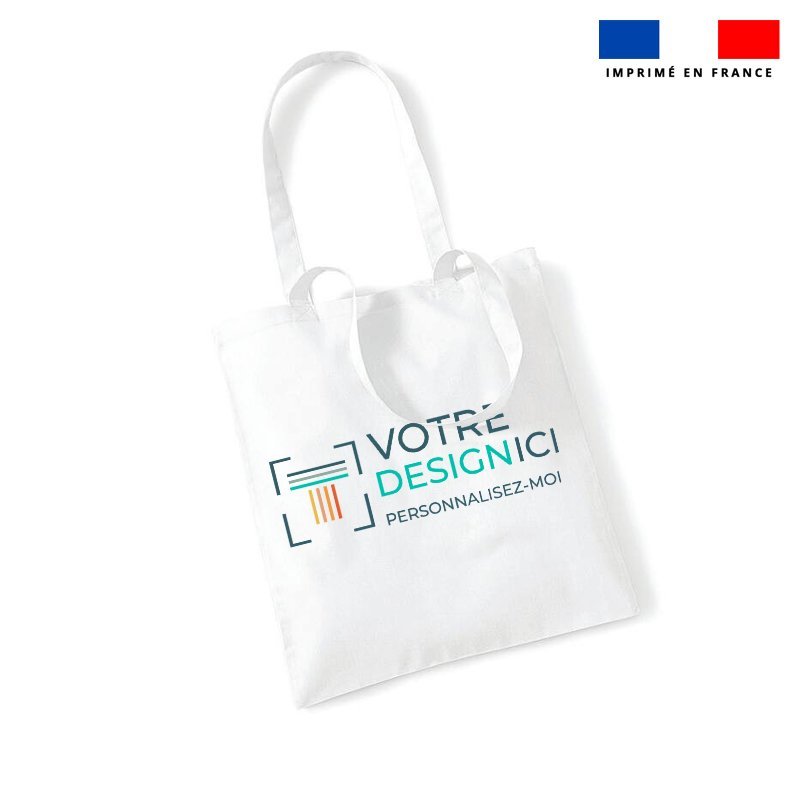
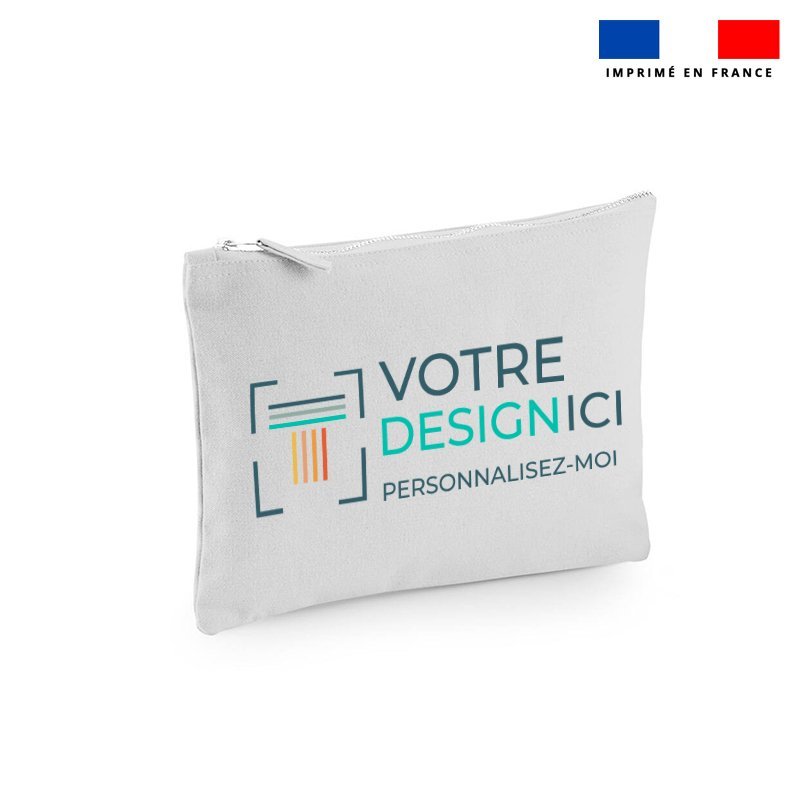
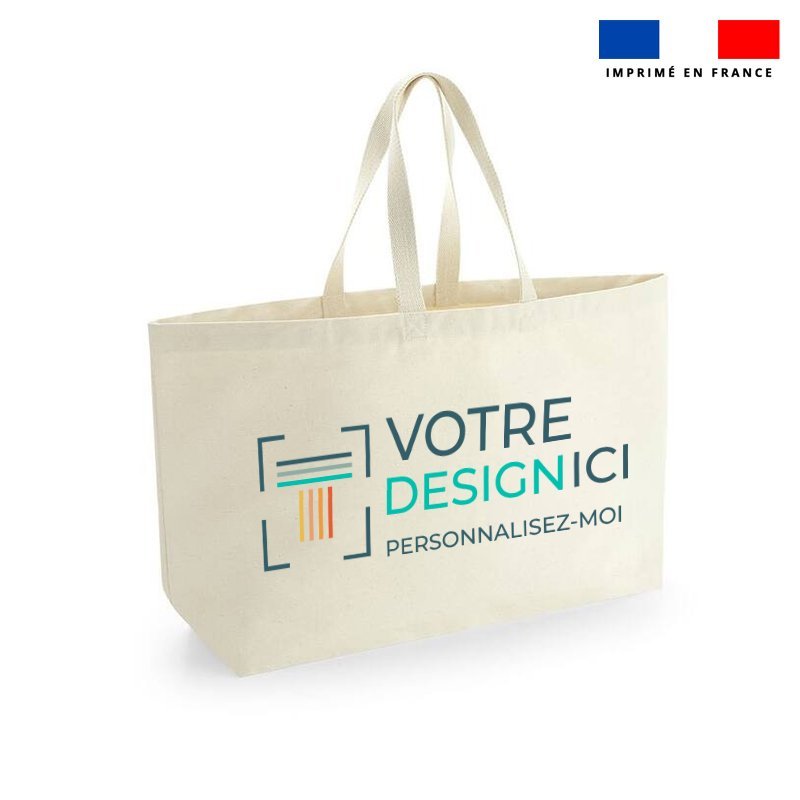
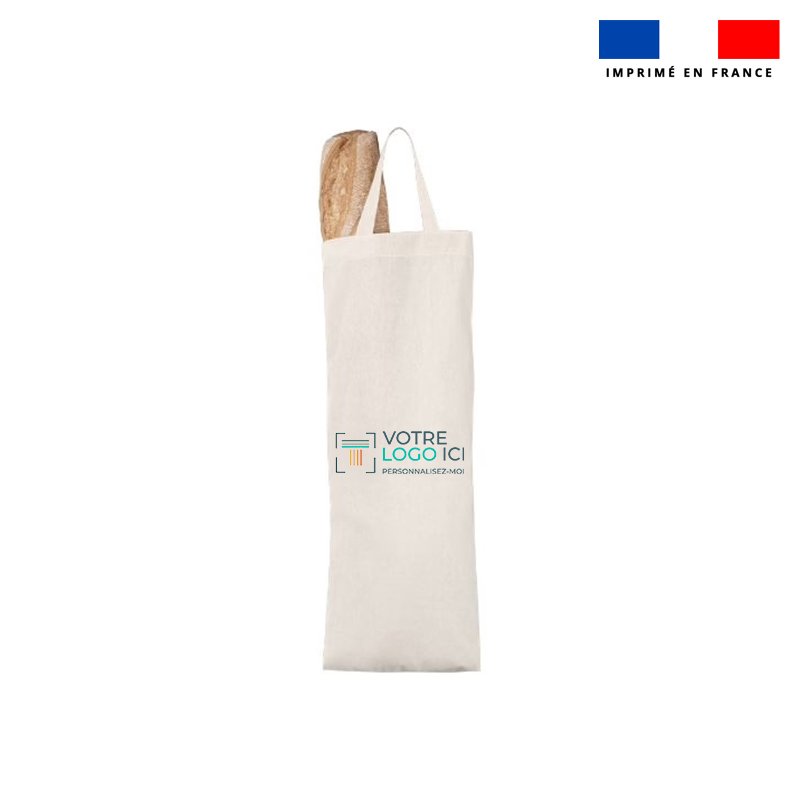
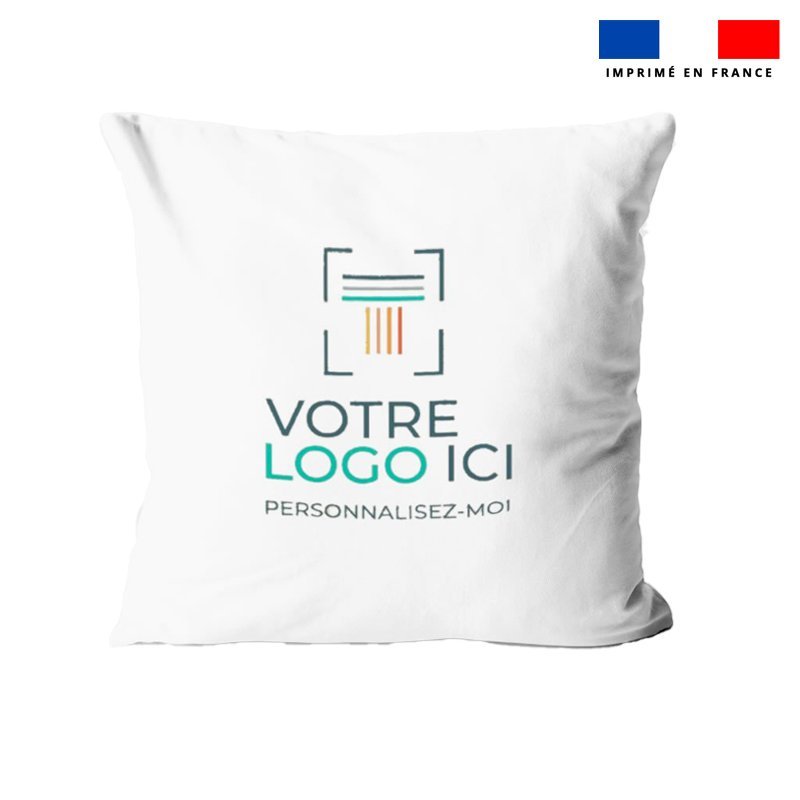
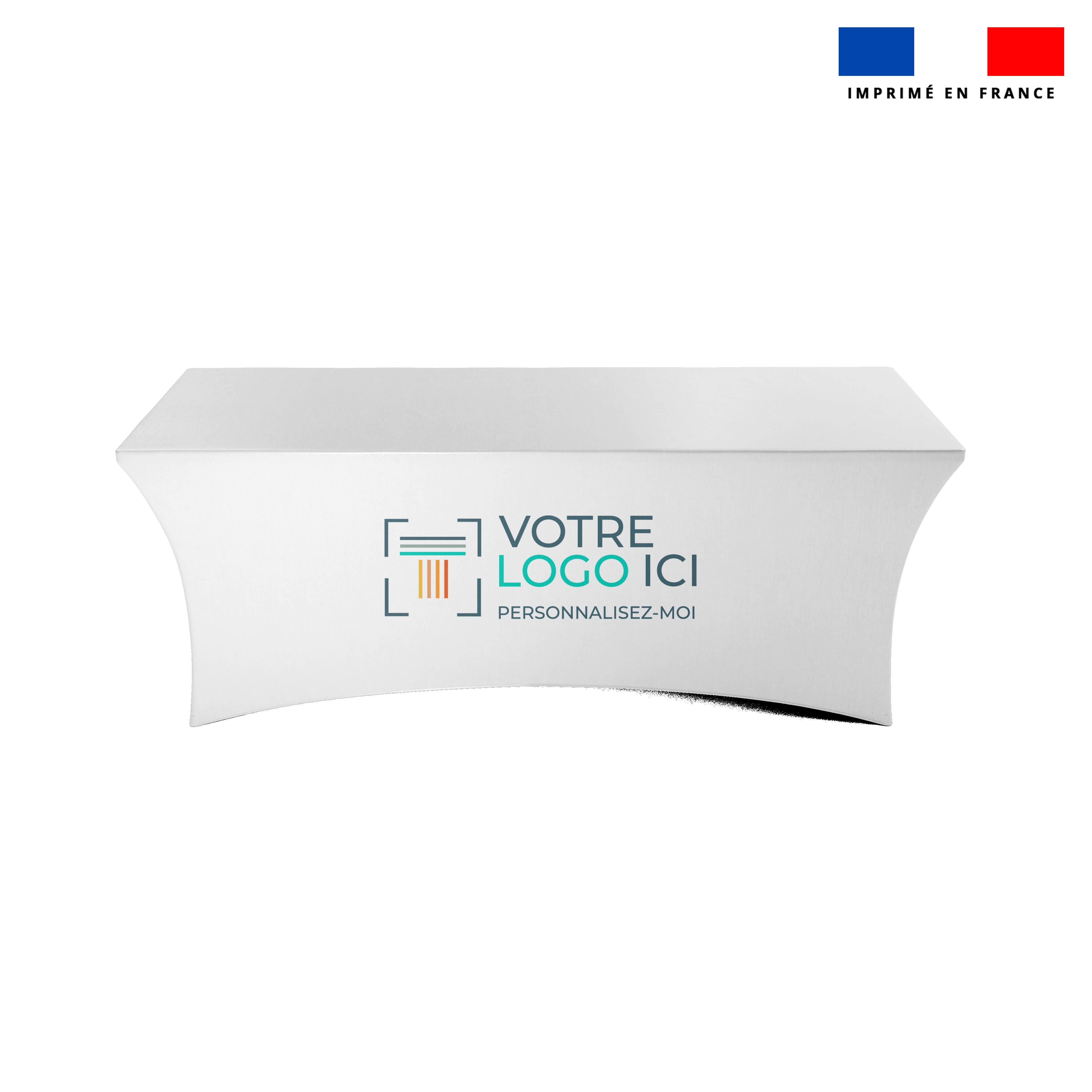
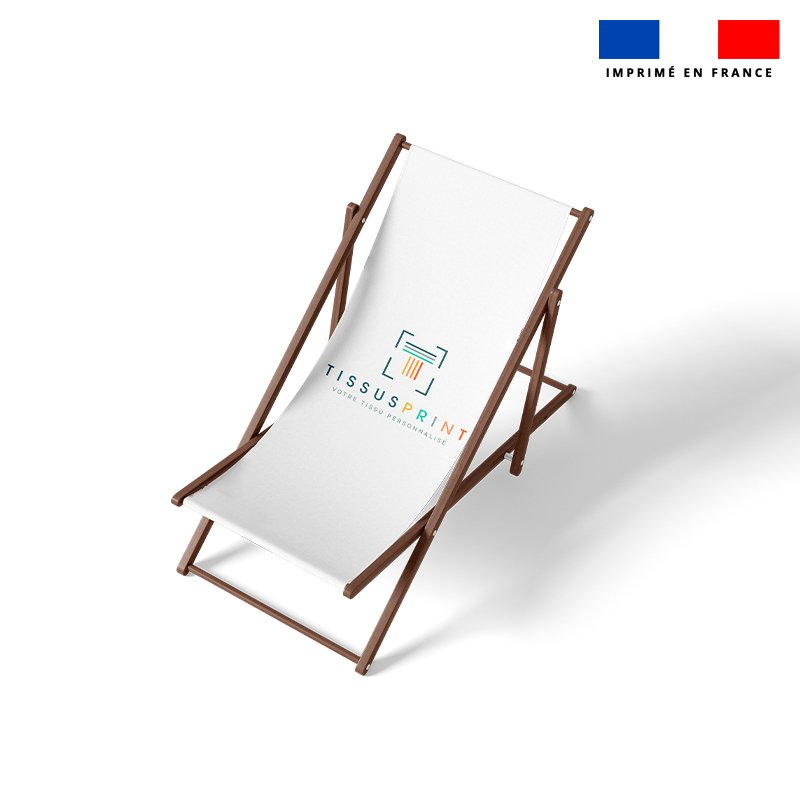
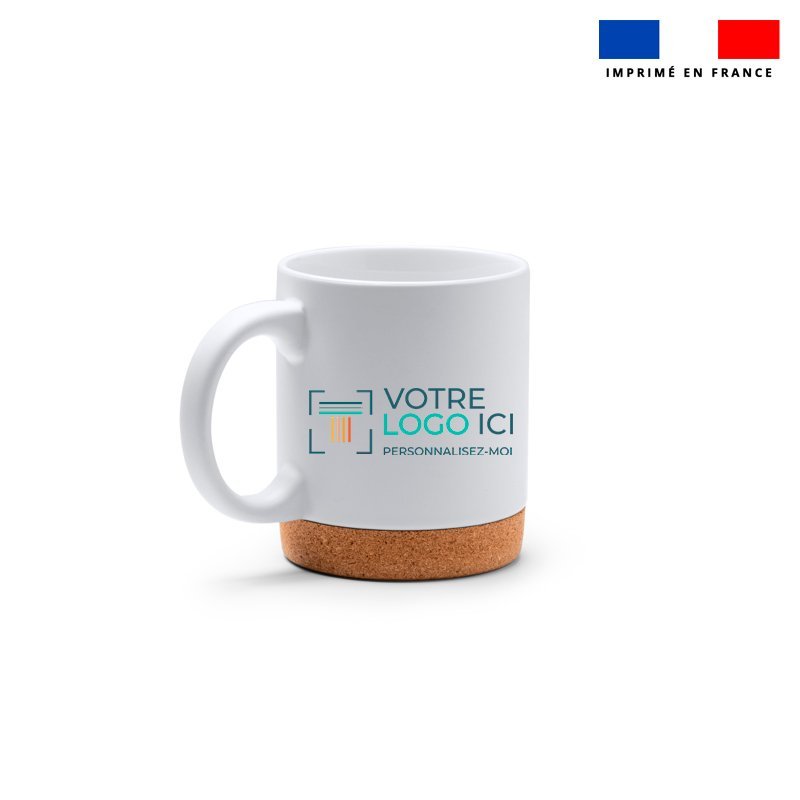
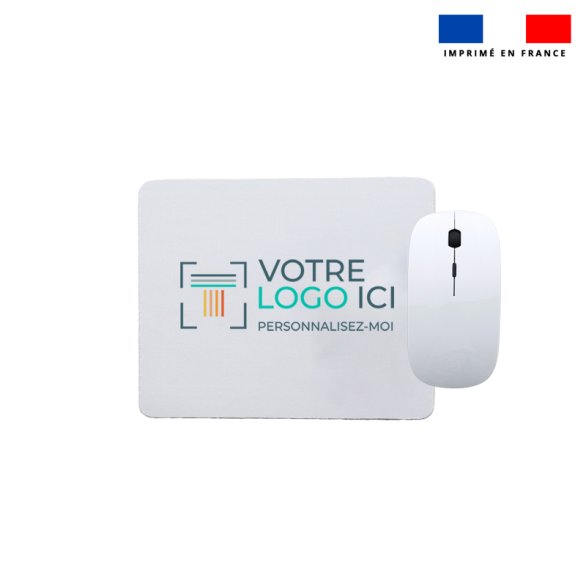
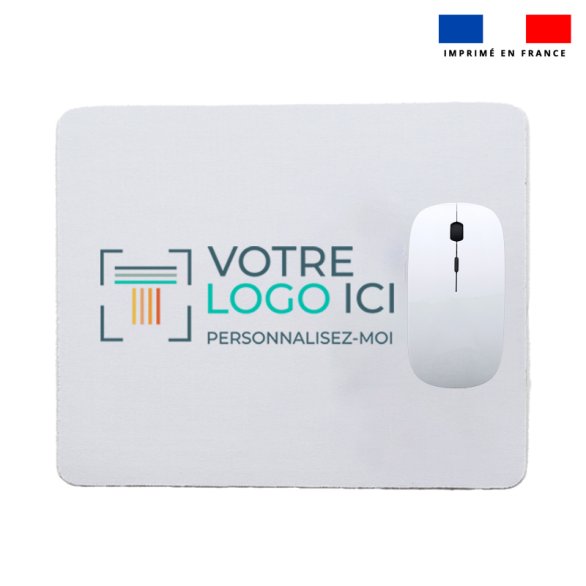
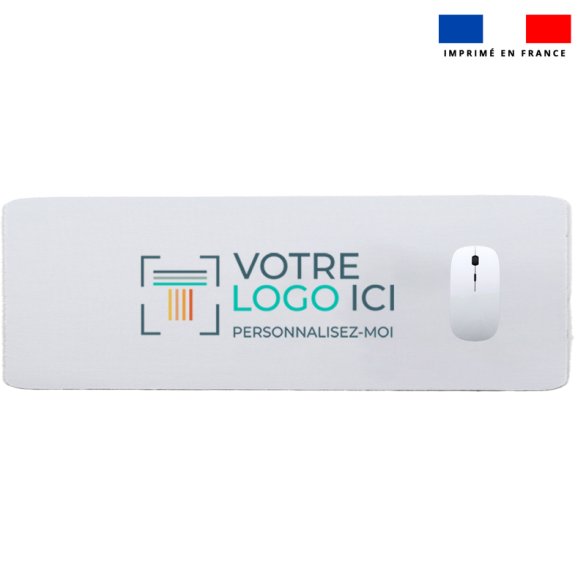
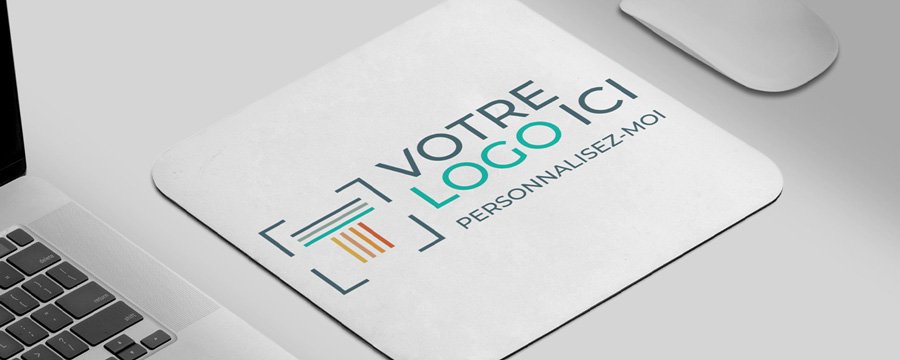
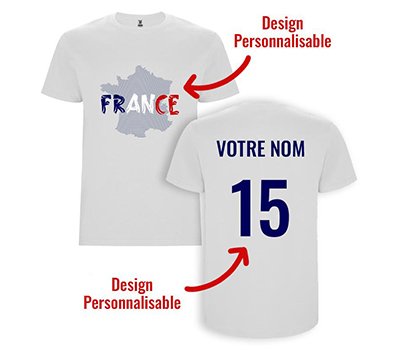
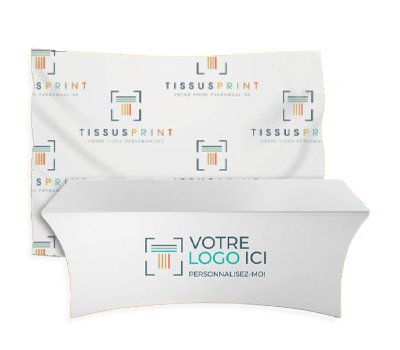
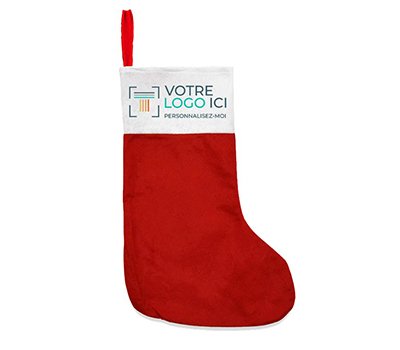
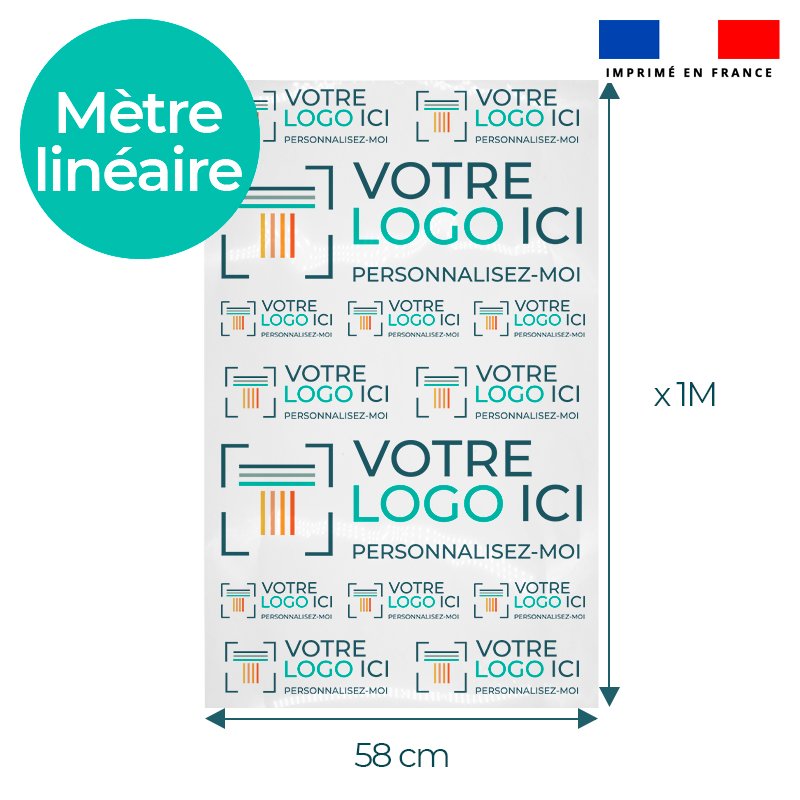
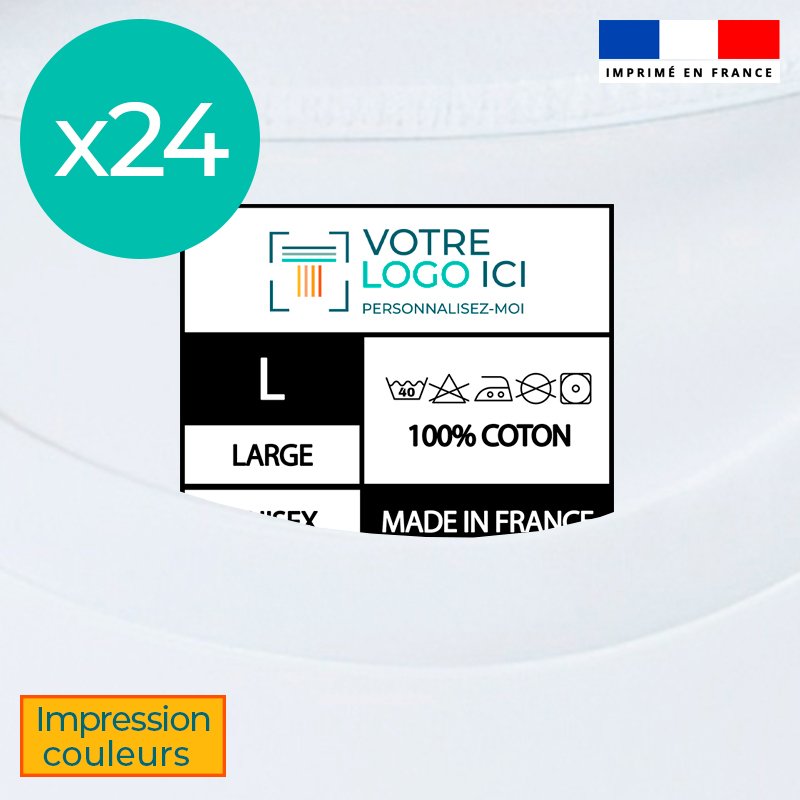
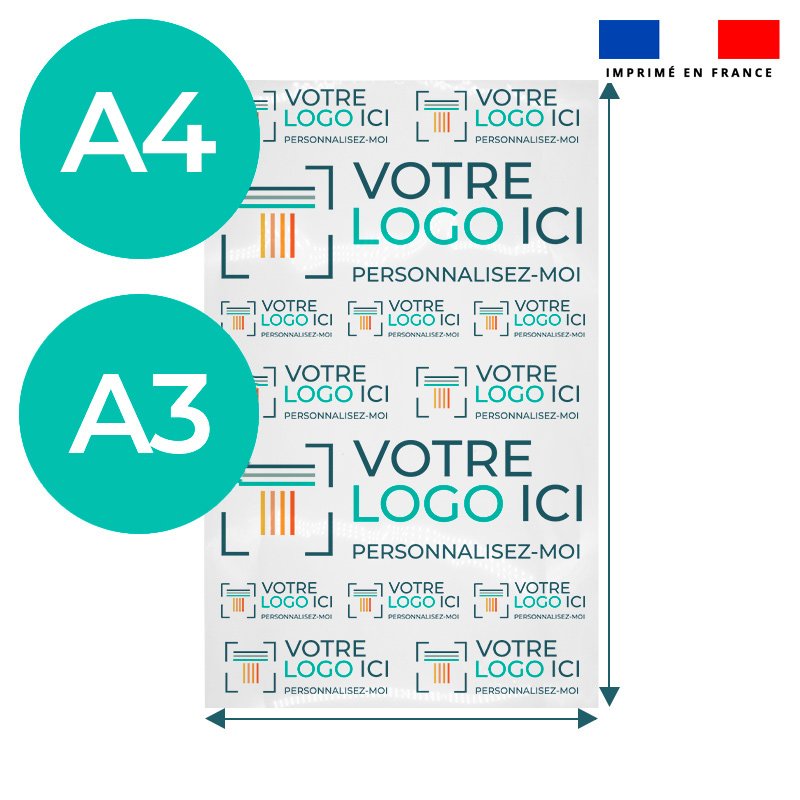
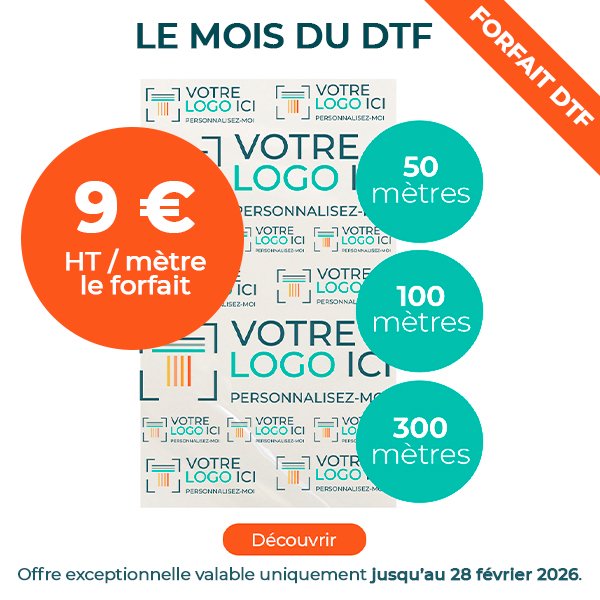
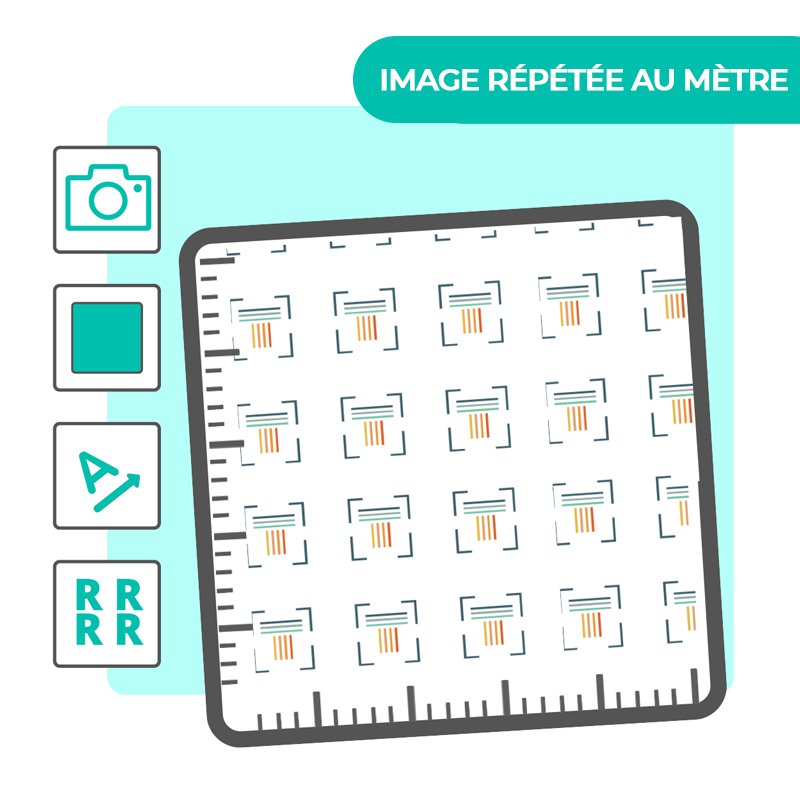
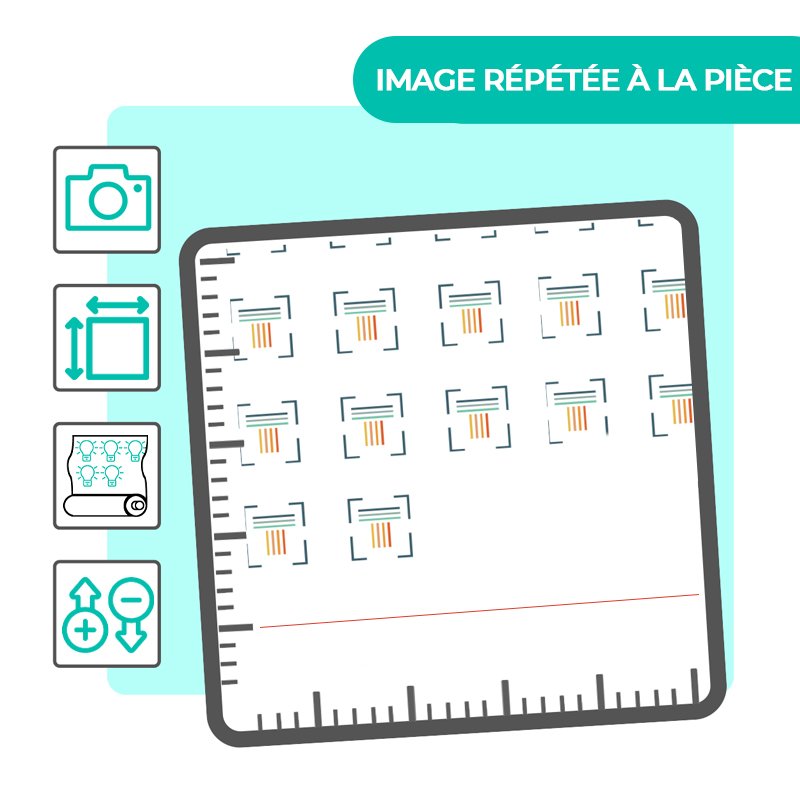
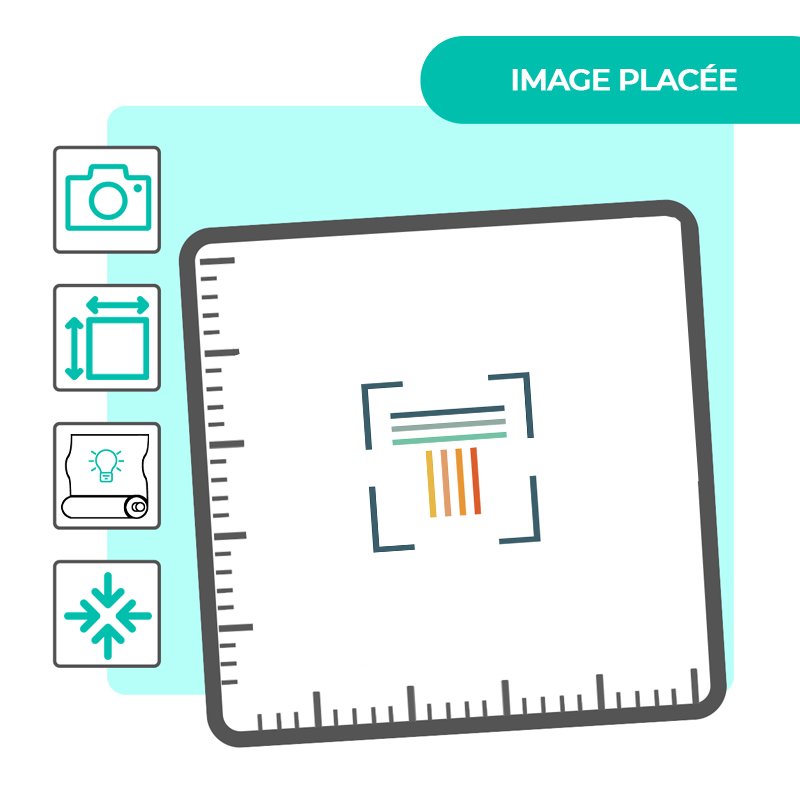
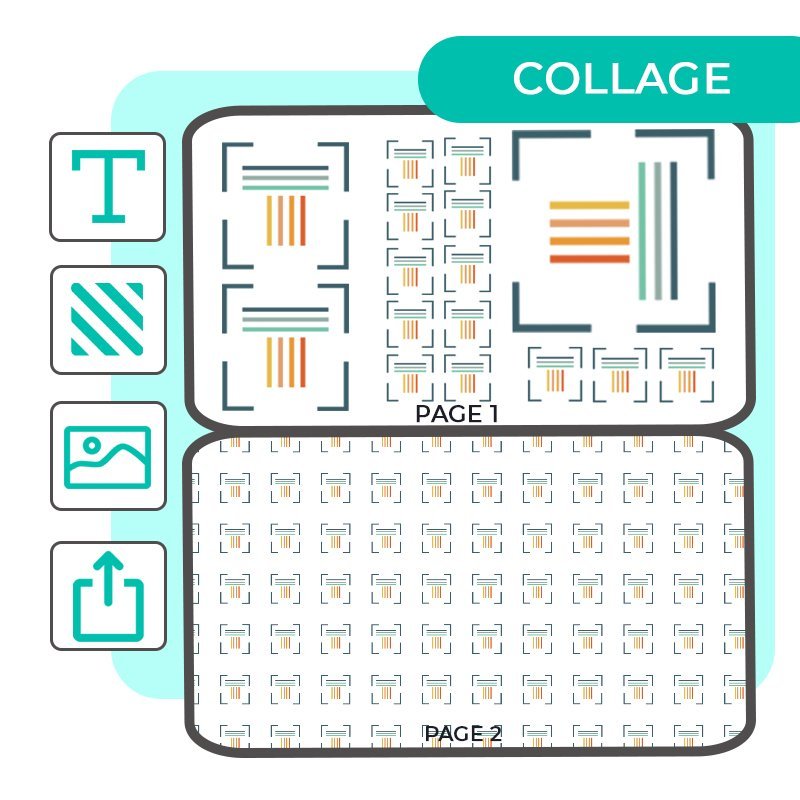
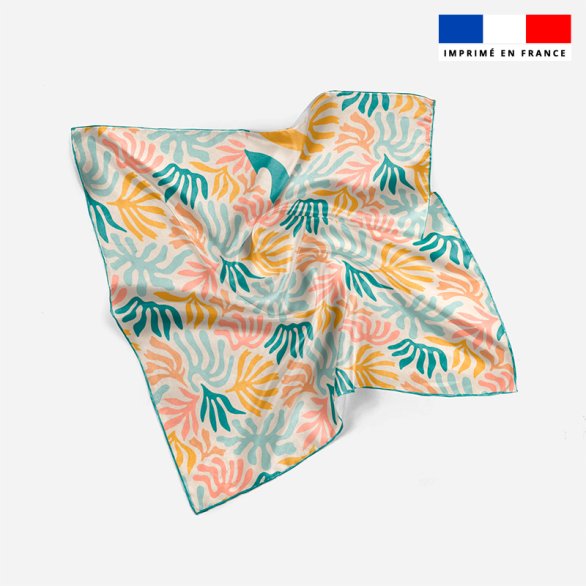
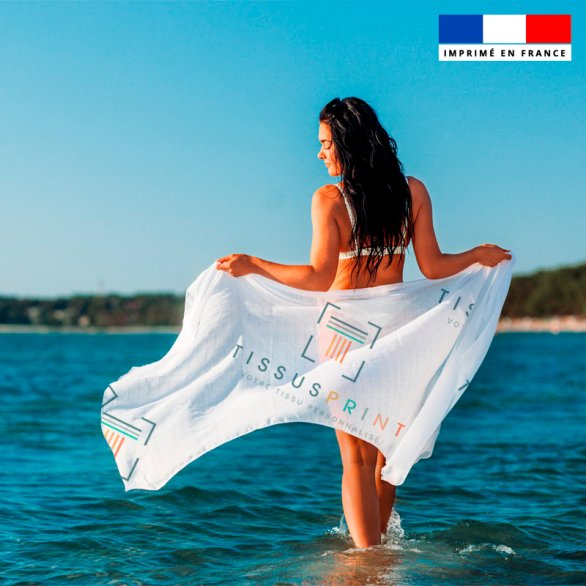
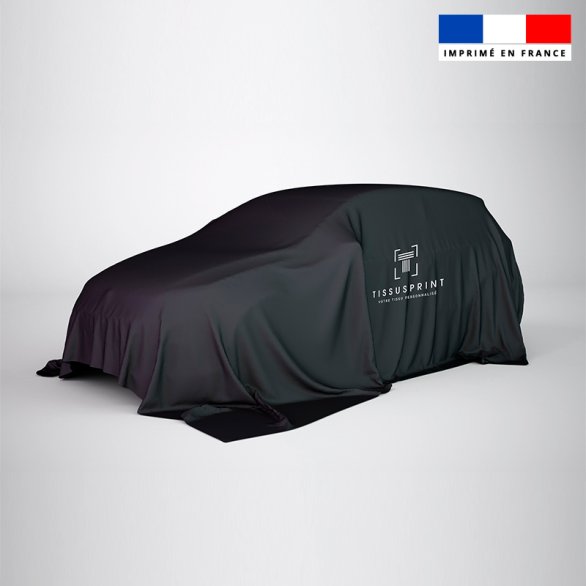
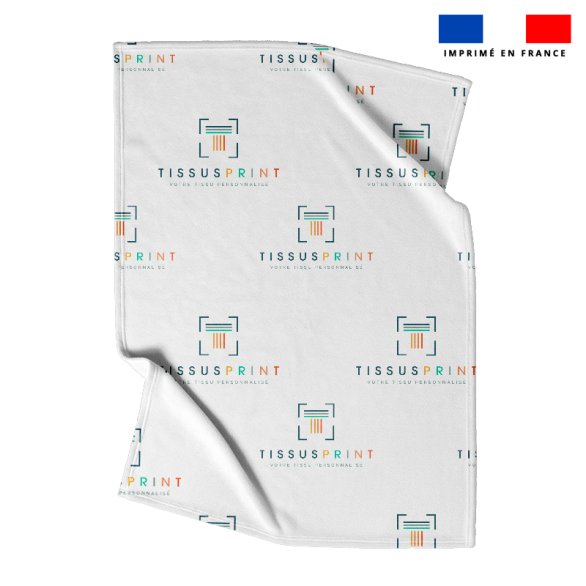
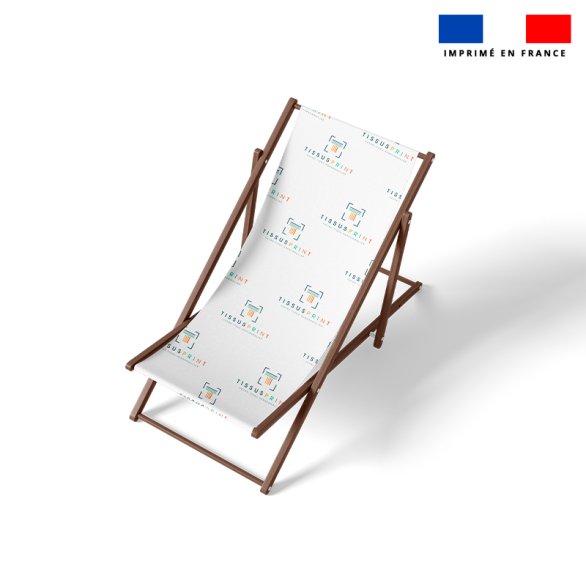
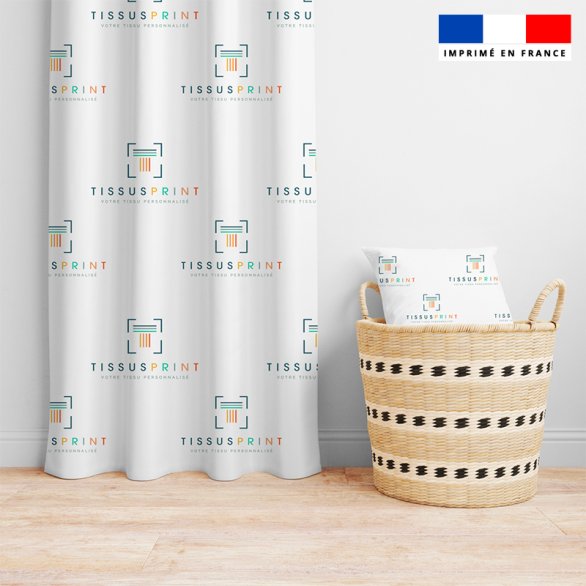
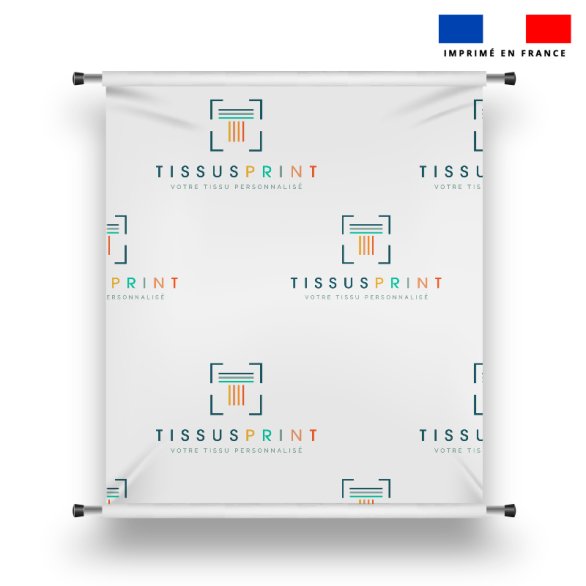
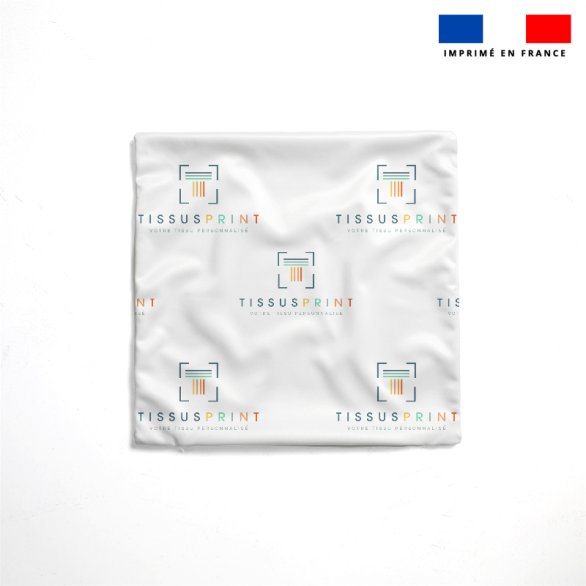
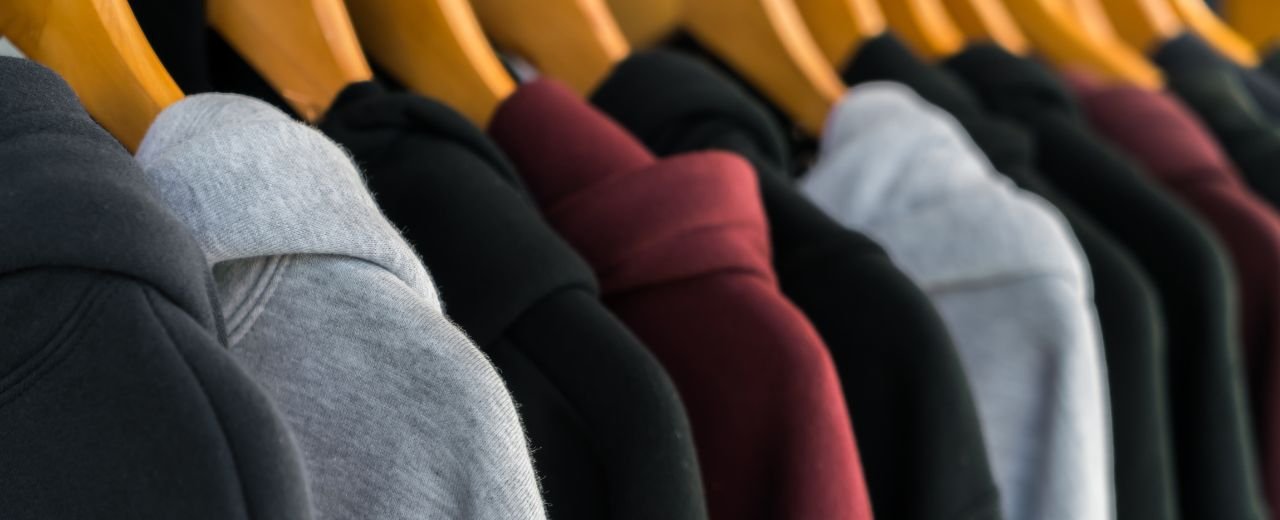
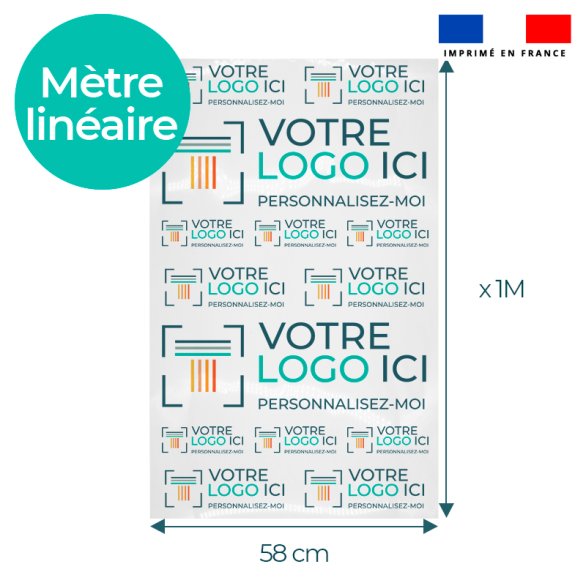







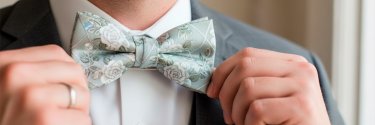
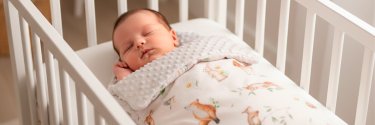
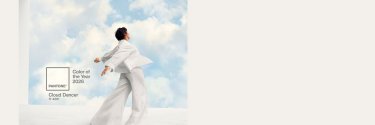
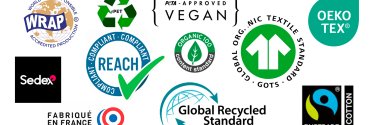
0 commentaires